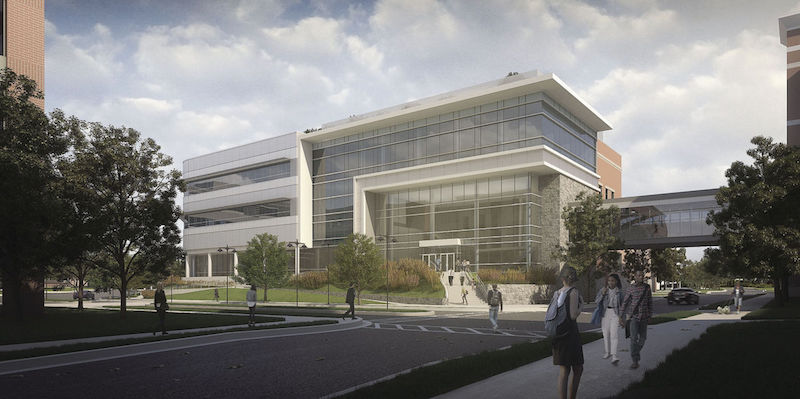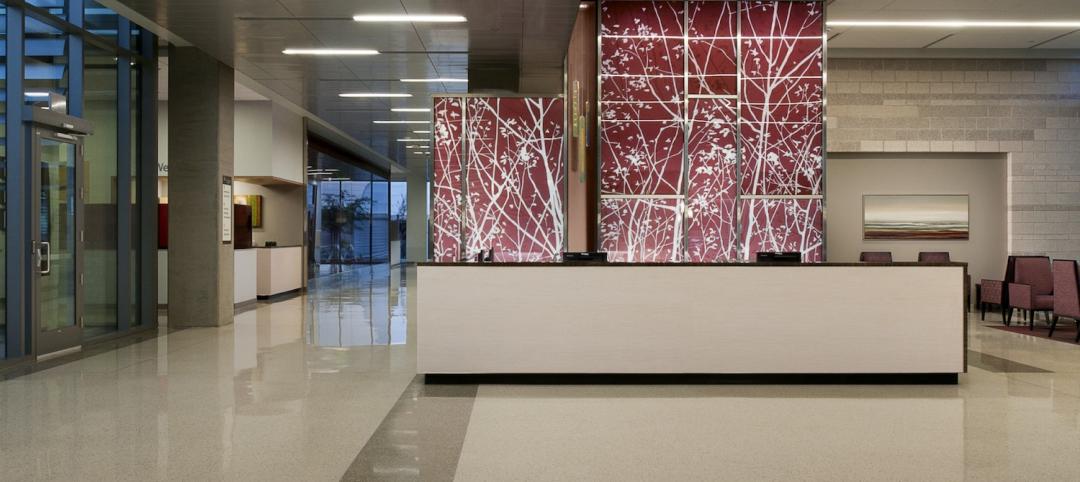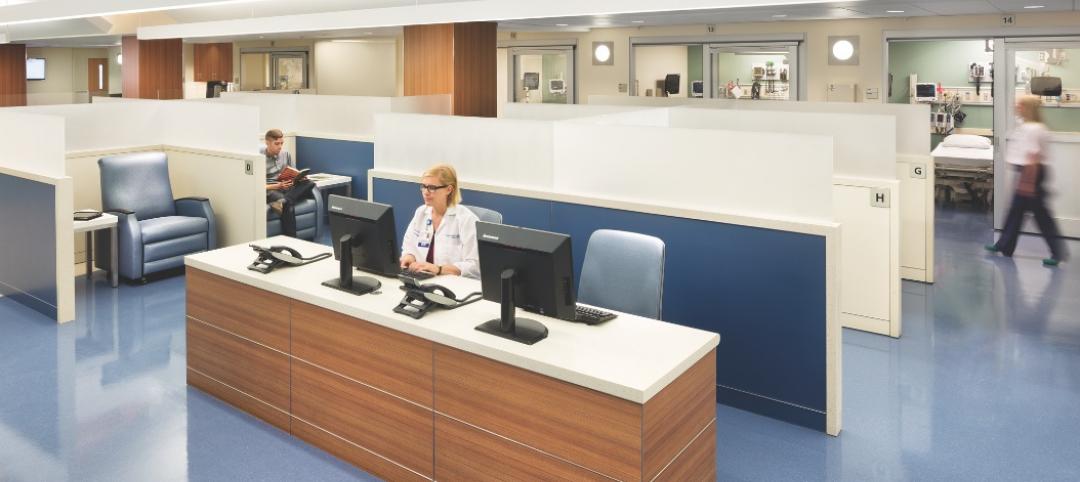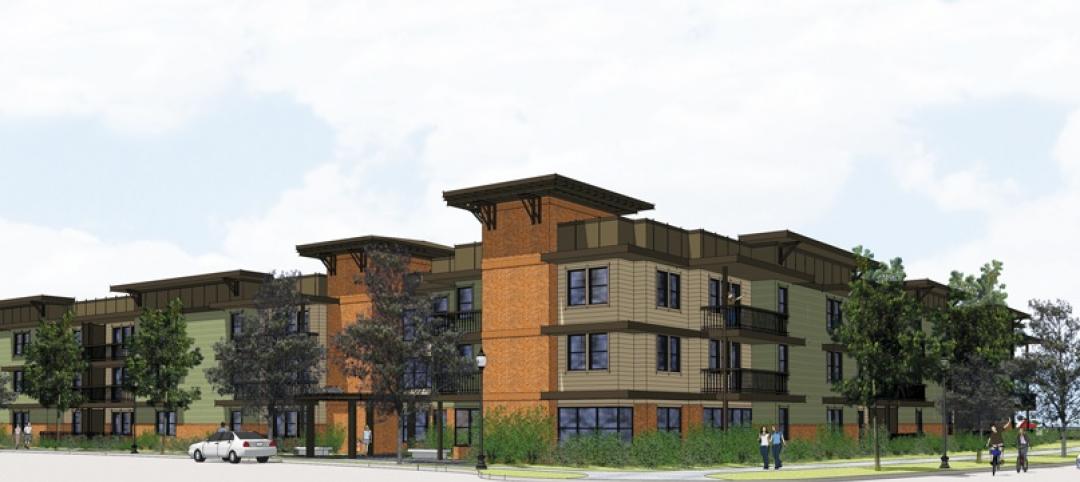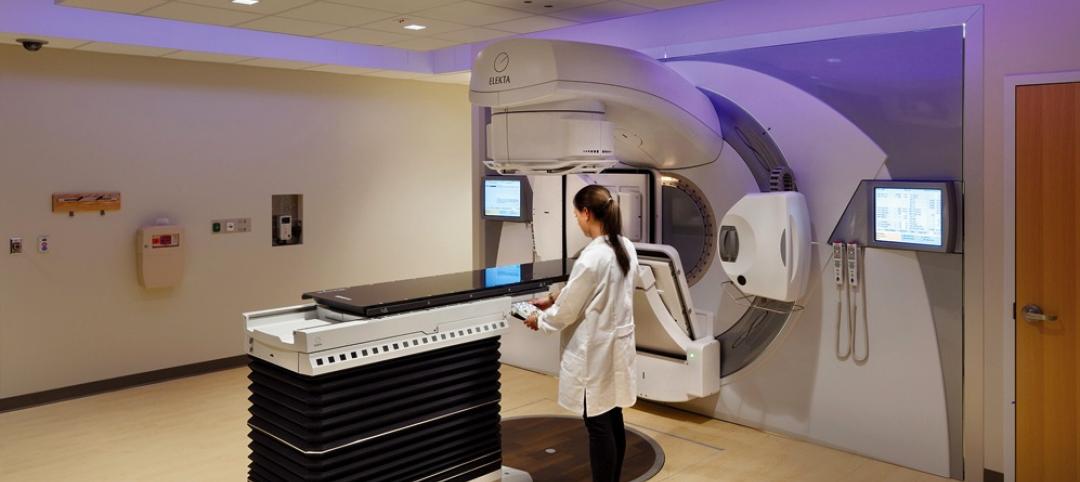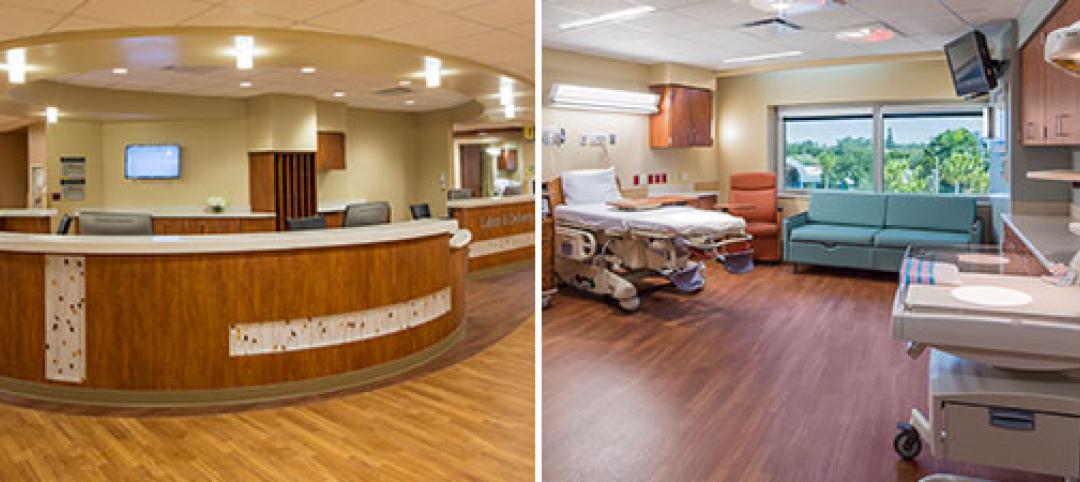Skanska USA will complete the AECOM-designed Virginia Tech Carilion Biomedical Research Addition on the Virginia Tech Carilion Health Sciences and Technology Campus in Roanoke, Va.
The primary focus of the new four-story, 140,000-sf building is to provide state-of-the-art research facilities for enhanced biomedical research programs in five major thematic areas. These areas include body device interfaces, brain health and disorders, cardiovascular science, infection diseases and immunology, and metabolism and obesity.
The new facility will house next-generation core instrumentation facilities including those for molecular, cellular, and whole-body imaging, and powerful computing facilities. Wet laboratories requiring direct ventilation and specialized piped utilities for water and various gases, MRI and CT scanning, high-resolution electron microscopy, necropsy, and pathology will also be included. An atrium and multiple green roofs will bring a touch of nature to the addition.
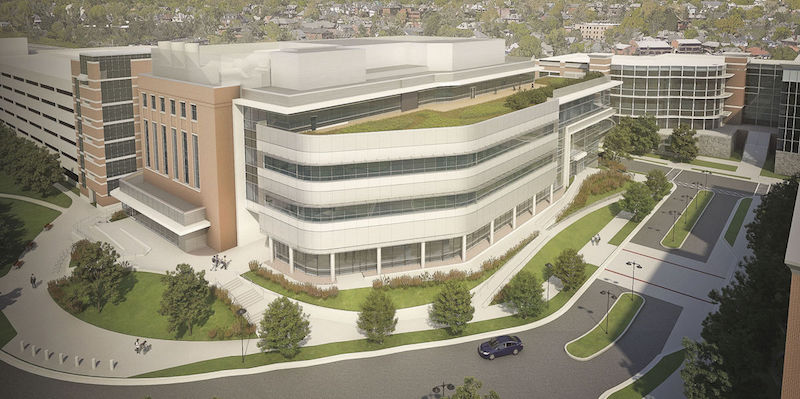 Courtesy of AECOM.
Courtesy of AECOM.
The expansion will connect to the four-story, 152,850-sf Virginia Tech Carilion School of Medicine and Research Institute via an elevated walkway. “The end result of our efforts will be an expansion of the biomedical research they’ve been conducting, greater learning opportunities for students, and expanded business opportunities for a highly-trained technical work force in the region,” says Greg Peele, Executive Vice President and general Manager of Skanska’s building operations in Virginia/North Carolina, in a release.
The facility is slated for completion by February 2020.
Related Stories
| Oct 30, 2014
CannonDesign releases guide for specifying flooring in healthcare settings
The new report, "Flooring Applications in Healthcare Settings," compares and contrasts different flooring types in the context of parameters such as health and safety impact, design and operational issues, environmental considerations, economics, and product options.
| Oct 30, 2014
Perkins Eastman and Lee, Burkhart, Liu to merge practices
The merger will significantly build upon the established practices—particularly healthcare—of both firms and diversify their combined expertise, particularly on the West Coast.
| Oct 21, 2014
Passive House concept gains momentum in apartment design
Passive House, an ultra-efficient building standard that originated in Germany, has been used for single-family homes since its inception in 1990. Only recently has the concept made its way into the U.S. commercial buildings market.
| Oct 21, 2014
Hartford Hospital plans $150 million expansion for Bone and Joint Institute
The bright-white structures will feature a curvilinear form, mimicking bones and ligament.
| Oct 16, 2014
Perkins+Will white paper examines alternatives to flame retardant building materials
The white paper includes a list of 193 flame retardants, including 29 discovered in building and household products, 50 found in the indoor environment, and 33 in human blood, milk, and tissues.
| Oct 15, 2014
Harvard launches ‘design-centric’ center for green buildings and cities
The impetus behind Harvard's Center for Green Buildings and Cities is what the design school’s dean, Mohsen Mostafavi, describes as a “rapidly urbanizing global economy,” in which cities are building new structures “on a massive scale.”
| Oct 13, 2014
Debunking the 5 myths of health data and sustainable design
The path to more extensive use of health data in green building is blocked by certain myths that have to be debunked before such data can be successfully incorporated into the project delivery process.
| Oct 12, 2014
AIA 2030 commitment: Five years on, are we any closer to net-zero?
This year marks the fifth anniversary of the American Institute of Architects’ effort to have architecture firms voluntarily pledge net-zero energy design for all their buildings by 2030.
| Oct 8, 2014
Massive ‘healthcare village’ in Nevada touted as world’s largest healthcare project
The $1.2 billion Union Village project is expected to create 12,000 permanent jobs when completed by 2024.
| Oct 3, 2014
Designing for women's health: Helping patients survive and thrive
In their quest for total wellness, women today are more savvy healthcare consumers than ever before. They expect personalized, top-notch clinical care with seamless coordination at a reasonable cost, and in a convenient location. Is that too much to ask?


